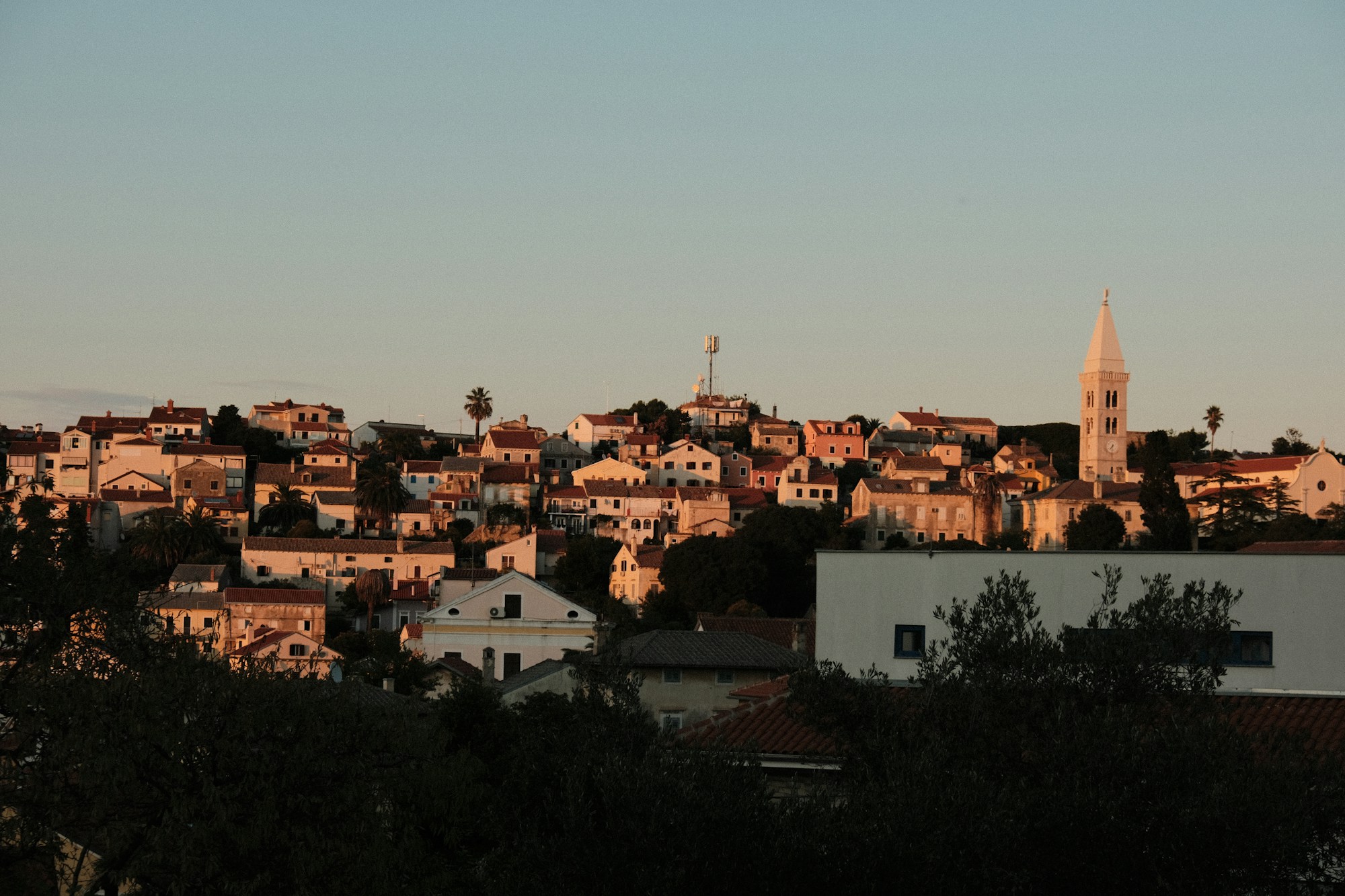Mali: Exploring Heritage and Festivities

Travel Guide: Mali
Introduction
Welcome to Mali, a landlocked country located in West Africa! Known for its rich history, vibrant culture, and stunning natural landscapes, Mali is a hidden gem that offers visitors a unique and unforgettable travel experience. From ancient archaeological sites to lively festivals, Mali has something to offer for every traveler.
Getting There
To reach Mali, most travelers fly into Bamako's Modibo Keïta International Airport, which is the country's main international gateway. Several airlines operate regular flights to Bamako from major cities around the world.
Another option is to enter Mali via land borders from neighboring countries such as Senegal, Burkina Faso, Niger, or Ivory Coast. However, it's important to check the current travel advisories and border crossing procedures before your trip.
Exploring Mali
1. Bamako
Start your journey in Bamako, the capital city of Mali. Explore the bustling markets, such as the Grand Marché and the Marché Medina, where you can find local crafts, traditional textiles, and a wide range of local produce.
Don't miss the opportunity to visit the National Museum of Mali, which houses a remarkable collection of Malian art and artifacts, showcasing the country's diverse cultural heritage.
2. Timbuktu
Venture into the legendary city of Timbuktu, known for its historical significance and captivating architecture. Explore the ancient mosques, such as the Djinguereber Mosque and the Sankore Mosque, which are UNESCO World Heritage Sites.
Take a stroll through the vibrant streets of Timbuktu, where you'll have the chance to meet friendly locals, admire traditional mud-brick houses, and learn about the city's role as a center of Islamic scholarship in the past.
3. Dogon Country
Discover the unique culture and stunning landscapes of Dogon Country. The Dogon people are known for their rich traditions, colorful ceremonies, and impressive cliffside villages. Embark on a guided trekking tour through the breathtaking cliffs and valleys of this UNESCO-listed region.
Immerse yourself in the daily life of the Dogon people, visit traditional villages, and witness traditional dances and rituals. Don't forget to marvel at the breathtaking views from the top of the Bandiagara Escarpment.
4. Festival Celebrations
Mali is renowned for its vibrant festivals, which showcase the country's cultural diversity and traditions. One of the most famous festivals is the Festival au Désert, held in January in the Sahara Desert. Enjoy live music performances, cultural exhibitions, and camel races in this unique event.
Another must-see festival is the Festival Sur le Niger, held in Ségou, a city located on the Niger River. This colorful celebration features traditional music, dance performances, art exhibitions, and a lively atmosphere that truly captures the spirit of Mali.
Practical Information
Visas
Most visitors to Mali require a visa, which can be obtained from Malian embassies or consulates before arrival. Make sure to check the latest visa requirements and apply well in advance of your trip to avoid any inconvenience.
Health and Safety
It is recommended to consult with a healthcare professional about vaccinations before traveling to Mali. Also, be aware of the current safety situation by checking travel advisories issued by your home country and following local guidelines and advice during your stay.
Currency
The official currency of Mali is the West African CFA franc (XOF). It is advisable to carry some cash in local currency for smaller establishments, as credit cards may not be widely accepted in certain regions.
